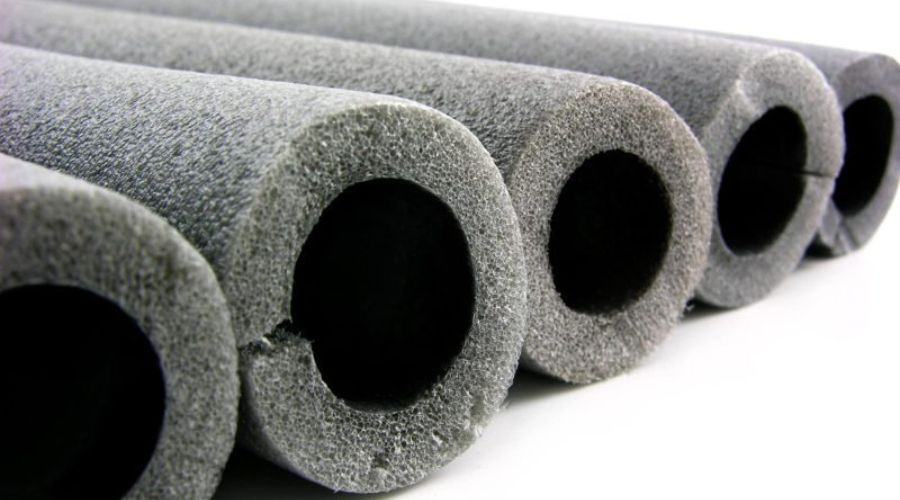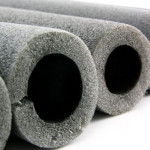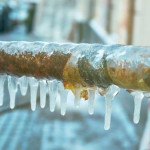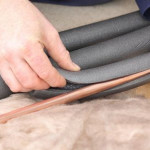Getting the Pipes Ready This Winter
The City of Chicago notes that homeowners can do three simple things to prevent burst pipes this holiday season. These measures include insulating pipes, keeping the house warm, and bringing garden hoses inside. But why does the city recommend that people do these things?
Frozen pipes turn into burst pipes. Water damage can then destroy drywall, floors, and personal belongings. Instead of thinking, “Oh, it won’t get that cold this year,” one should take the first steps to combat frozen pipes. Doing so saves them time, money, and frustration.
Why Are Frozen Pipes Bad? 
When temperatures dip below 32 degrees Fahrenheit, the water inside pipes can freeze. As the water solidifies into ice, it expands. Sometimes, the pressure is so great it can cause pipes to burst, dumping gallons upon gallons of unwanted water into the home.
A burst pipe can:
- Damage furniture, walls, and flooring
- Lead to mold and mildew growth
- Make a home inhabitable
- Affect the home’s appliances, such as the washing machine or dishwasher
- Lead to expensive utility bills
If a homeowner’s lucky, they can catch a frozen pipe and try thawing it out using a hair dryer. Yet, the best way to avoid frozen pipes is to actively prevent them from happening. One can do this by keeping their home above 50 degrees and using space heaters in chiller rooms.
Insulation Can Keep Pipes from Freezing and Bursting 
When a licensed plumber inspects a frozen pipe, they may thaw it using a hair dryer or a similar device. Then, they’ll likely use pipe covering to conserve heat. By insulating these pipes, a homeowner can:
- Enjoy hotter water longer. Heat escapes from water as it travels from the water heater to the faucet. Yet, that doesn’t happen as quickly when the pipes are insulated. This means that a homeowner can enjoy longer showers, cleaner dishes, and properly heated water benefits.
- Avoid frozen pipes. The right pipe covering can keep the water from inside the plumbing system from freezing. This means homeowners don’t have to spend the entire season worrying about plumbing trouble.
Many pipe coverings are made from foam. Foam pipe insulation prevents frost from forming on the pipe’s exterior and reduces heat loss.
Additional Frozen Pipe Prevent Tips
Homeowners can do more than use insulation to prevent frozen pipes. They can also:
- Get space heaters. Some old homes don’t have central HVAC systems, meaning that only some rooms get heat. One may consider installing a space heater if a room has exposed pipes but inadequate heating.
- Keep the HVAC system on. Some homeowners turn the heat off during the winter, hoping to save money. In the end, they just increase the likelihood of burst pipes. Those repairs can cost more than a few extra dollars on heating costs.
- Remove any hoses or hose bibs. If the water inside a hose or hose bib freezes, this can have a domino effect of problems. One should remove these items and then cover the exposed fixture with styrofoam.
There are other ways homeowners can prevent pipe freezing than the above-mentioned considerations.
About Captain Rooter Emergency Plumbers Chicago
Rain, sleet, hail, or snow, Chicago’s drains always flow–and that’s because of Captain Rooter Emergency Plumbers Chicago. Since 1998, these professionals have offered around-the-clock emergency plumbing help to Cook County residents. They offer discounted services, guaranteed results, and flexible scheduling options.

































